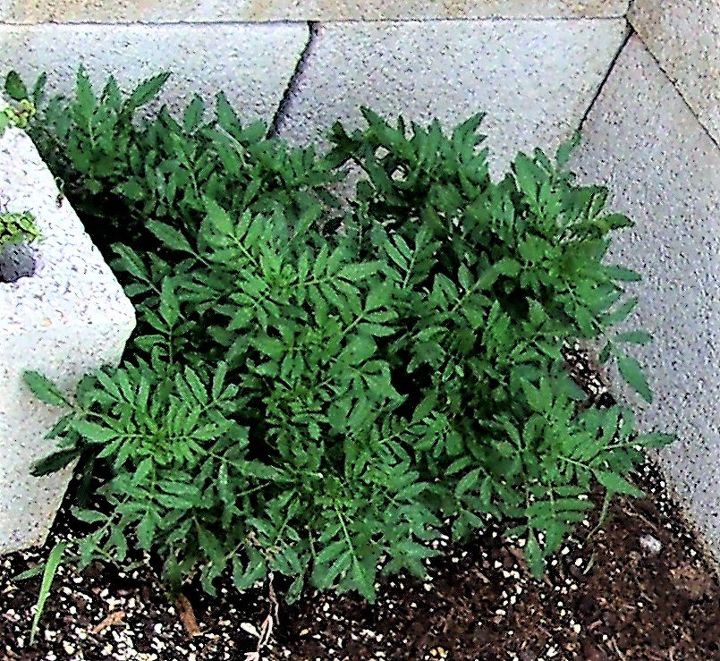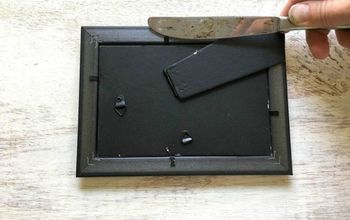How do I repel snakes?
Related Discussions
GNATS - How to get rid of them?
Somehow my house and garden got tiny gnats that killed my fuchsia plant and fly everywhere. I have tried ALL the Web recommendations - soap and oil dishes, sand in th... See more
Marigolds growing! Should I pinch the buds?
My marigold plants are growing. I heard that pinching the buds until Autumn will allow them to grow without killing the plant. Is this true?
Growing garlic
Growing our first garlic, should we wait until the leaves are drying out before we pick it? Husband picked first one today along with our first potatoes.
How to keep mice out of your garden?
Hi everyone, I have mice in my garden destroying my vegetables and I have also noticed them in the barn and shed. Please can someone tell me how to prevent them from ... See more
What's the best flower/plant to grow in Texas?
I know that opinions vary, but what's your opinion?!I have great luck w Rosemary plants. Green all year long.
Does Lava Rock repel snakes?
My Uncle, a wise old man of 90, tells me that snakes won't crawl across Lava Rock. I have a huge snake problem around my rural farm house, and it seems any hole in t... See more
How do I keep snakes out of my garden and flower beds?
Thanks!



Snakes do not like flea and tick yard granules, even if sprinkled in a garage, as my mother did in her garage. Of course, a lot depends on what other animals and children you might have on site.
There is a product out called I must garden snack repellent all natural won’t harm animals or humans
Moth balls!
I put ONE by each door, ONE on each side of the porch. I specify ONE because they will have a strong odor to the snakes, not so much for humans. When the ball melts, replace it. Just don't let pets (My dogs HATE the smell) or children get hold of them!
If you have snakes, you have a food supply for them, i.e. rats and mice. Snakes are actually beneficial in the yard. If poisonous (I deal with rattle snakes almost every day), then that is a different story. Here are some things you can try.
http://www.wildlife-removal.com/snakekeepaway.html
https://www.diynatural.com/natural-snake-repellent/
http://www.havahart.com/how-to-repel-snakes
You might also consider snake fencing.
http://www.snake-removal.com/fencing.html
Be careful with purchased or home remedies if you have pets or children. Many can be toxic to them.